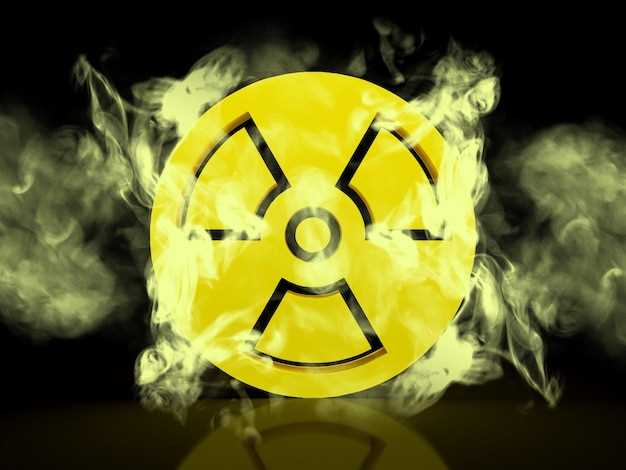
Do you suffer from gas as a side effect of taking Losartan? GasReduct can help alleviate this discomfort and provide relief. GasReduct is a natural supplement designed to reduce gas and bloating, allowing you to enjoy the benefits of Losartan without the unwanted side effects. Formulated with powerful digestive enzymes and herbs, GasReduct is gentle on your stomach and promotes healthy digestion. Say goodbye to gas and hello to comfort with GasReduct.
Overview of Losartan side effects
Losartan is a commonly prescribed medication for managing high blood pressure. However, like any medication, it can have side effects, including gas. Gas is a common side effect of Losartan and can cause discomfort and bloating.
Symptoms of gas from Losartan
The symptoms of gas from Losartan may include bloating, feeling full, burping, and passing gas more frequently than usual. This can be bothersome for some individuals and may affect their overall quality of life.
Managing Gas from Losartan
Gas is a common side effect of Losartan, but there are ways to manage it effectively. Here are some tips to help you deal with gas while taking Losartan:
1. Adjust Your Diet

Make dietary adjustments to help reduce gas. Avoid gas-producing foods like beans, broccoli, cabbage, and spicy foods. Instead, focus on a low-gas diet with foods like rice, bananas, and yogurt.
2. Drink Plenty of Water
Staying hydrated can help prevent gas. Drink plenty of water throughout the day to keep your digestive system functioning properly.
3. Exercise Regularly
Regular physical activity can help improve digestion and reduce gas. Incorporate exercise into your daily routine to promote healthy digestion.
4. Consider Probiotics
Probiotics can help balance the bacteria in your gut and reduce gas. Talk to your healthcare provider about incorporating probiotics into your daily routine.
By following these tips, you can effectively manage gas from Losartan and improve your overall digestive health. Consult your doctor if you experience persistent or severe gas while taking Losartan.
Managing Gas from Losartan
Gas is a common side effect of Losartan, but there are several strategies you can use to manage it effectively.
1. Dietary adjustments: Avoid foods that are known to cause gas, such as beans, broccoli, cabbage, and carbonated drinks. Opt for a well-balanced diet with plenty of fruits, vegetables, and whole grains.
2. Slow down while eating: Eating too quickly can cause you to swallow air, which can contribute to gas. Take your time and chew your food thoroughly to aid digestion.
3. Exercise: Regular physical activity can help prevent gas by keeping your digestive system moving. Aim for at least 30 minutes of moderate exercise most days of the week.
4. Over-the-counter remedies: If dietary changes and lifestyle adjustments aren’t enough, there are over-the-counter remedies that can help relieve gas, such as simethicone or activated charcoal.
5. Consult your healthcare provider: If gas persists or becomes bothersome, be sure to talk to your healthcare provider. They may be able to recommend alternative medications or other solutions to help manage your symptoms.
Dietary adjustments for gas relief

If you are experiencing gas as a side effect of Losartan, making dietary adjustments can help alleviate this uncomfortable symptom. Here are some tips:
1. Avoid Gas-Producing Foods: Certain foods can contribute to gas production, such as beans, broccoli, cabbage, onions, and carbonated drinks. Limiting or avoiding these foods may help reduce gas.
2. Eat Smaller Meals: Eating smaller meals throughout the day can help prevent excessive gas buildup. Large meals can put extra strain on your digestive system and lead to more gas production.
3. Slowly Increase Fiber: Fiber is important for digestion, but increasing fiber intake too quickly can cause gas. Gradually introduce high-fiber foods like whole grains, fruits, and vegetables into your diet to give your body time to adjust.
4. Stay Hydrated: Drinking plenty of water can help promote healthy digestion and reduce gas. Aim to drink at least 8 glasses of water a day to stay hydrated and support your digestive system.
5. Keep a Food Diary: Keeping track of what you eat and how it affects your gas levels can help you identify trigger foods. This can allow you to make more targeted dietary adjustments for gas relief.
By making simple changes to your diet and lifestyle, you can better manage gas as a side effect of Losartan and improve your overall digestive health.
Alternative medications for gas-prone individuals
For individuals experiencing gas as a side effect of Losartan, there are alternative medications that can be considered. It is essential to consult with a healthcare provider before making any changes to your treatment regimen. Here are some alternative medications that may be prescribed:
1. Valsartan: Valsartan is another angiotensin II receptor blocker that may be suitable for individuals who experience gas with Losartan. It works in a similar way to Losartan but may have a different side effect profile.
2. Lisinopril: Lisinopril is an ACE inhibitor that is commonly prescribed to lower blood pressure. It may be an option for those who cannot tolerate Losartan due to gas-related issues.
3. Amlodipine: Amlodipine is a calcium channel blocker that may be prescribed as an alternative to Losartan for individuals with gas intolerance. It helps relax blood vessels and improve blood flow.
Remember, it is crucial to work with your healthcare provider to find the medication that is best suited to your individual needs and health status. Discuss any concerns or side effects you are experiencing to explore alternative options that may be more tolerable for you.
